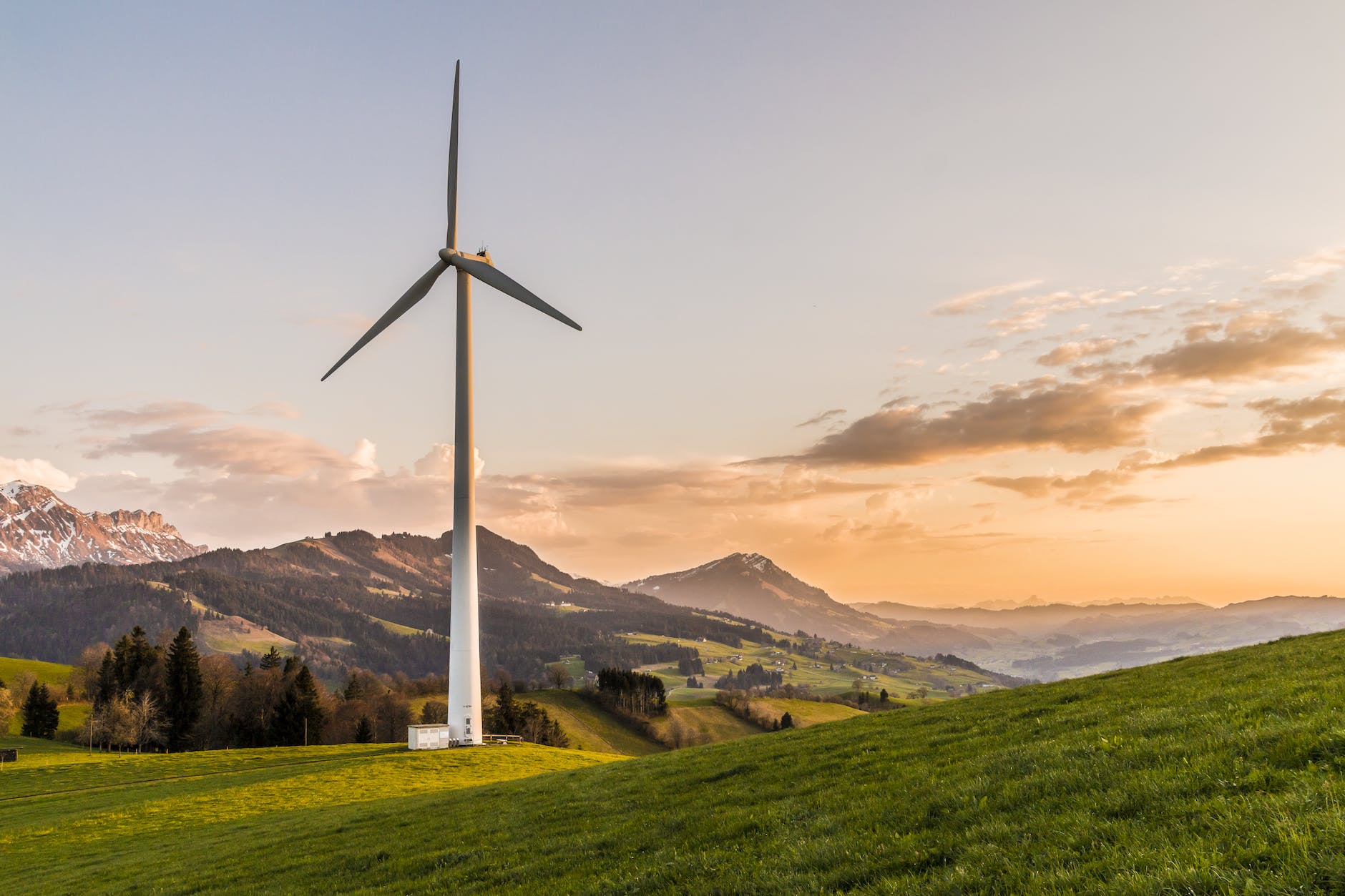Introduction
The future of renewable energy is a topic of great interest and importance in today’s world. As the global demand for energy continues to rise and concerns about climate change and fossil fuel depletion grow, the need for sustainable and clean sources of energy becomes increasingly urgent. In this article, we will explore the various aspects of the future of renewable energy and discuss its potential to revolutionize the way we power our world.
Advancements in Solar Energy
One of the most promising aspects of the future of renewable energy lies in the advancements in solar energy technology. Solar power has the potential to provide a significant portion of our energy needs, and recent developments in solar panel efficiency and cost reduction have made it more accessible than ever before. With further research and innovation, solar energy could become the primary source of electricity globally, reducing our reliance on fossil fuels and mitigating the environmental impact of traditional energy sources.
Harnessing the Power of Wind
Another key aspect of the future of renewable energy is the harnessing of wind power. Wind turbines have already become a common sight in many countries, and their capacity to generate clean and sustainable electricity is impressive. However, there is still room for improvement in terms of turbine efficiency and design. By investing in research and development, we can optimize wind energy systems and make them more efficient and cost-effective. The future may see the widespread adoption of offshore wind farms, which have the potential to generate even larger amounts of electricity and minimize land use.
Advances in Energy Storage
One of the main challenges in utilizing renewable energy sources is the intermittent nature of their generation. The sun does not always shine, and the wind does not always blow. However, advancements in energy storage technology are addressing this issue. Batteries and other energy storage systems can store excess energy produced during times of high generation and release it when needed. This enables a more reliable and consistent supply of renewable energy, making it a viable alternative to traditional energy sources.
Integration of Smart Grids
The future of renewable energy also involves the integration of smart grids. Smart grids are advanced electrical grids that use digital technology to monitor and manage electricity supply and demand in real-time. By incorporating renewable energy sources into smart grids, we can optimize energy distribution, reduce transmission losses, and enhance grid resilience. This integration will facilitate the seamless integration of renewable energy into our existing energy infrastructure.
Government Policies and Support
Lastly, the future of renewable energy relies heavily on government policies and support. Governments play a crucial role in promoting the development and adoption of renewable energy technologies through incentives, subsidies, and regulations. By implementing favorable policies, governments can create a conducive environment for renewable energy growth and attract private investments. Additionally, international cooperation and agreements are essential to address global energy challenges and accelerate the transition to a sustainable energy future.
Conclusion
The future of renewable energy holds immense potential to transform our energy landscape and mitigate the environmental impacts of traditional energy sources. Advancements in solar and wind energy, energy storage technology, smart grids, and supportive government policies are all key factors that will shape this future. By embracing renewable energy and investing in its development, we can create a cleaner, more sustainable, and resilient energy system for generations to come.


